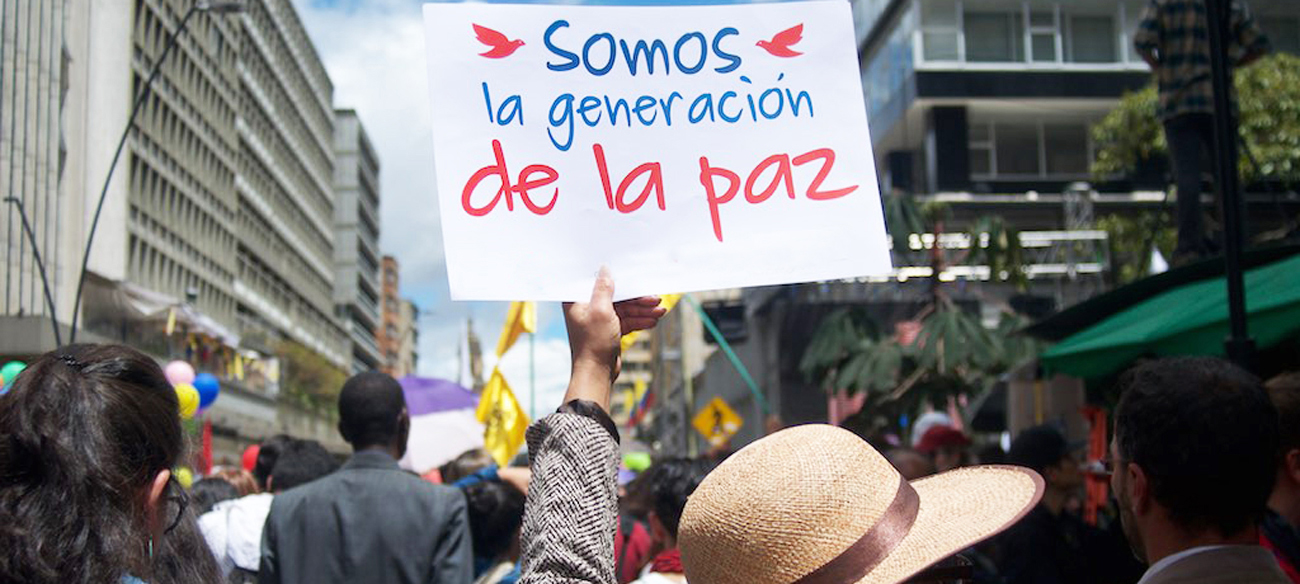Colombia
Between 2015 and 2017, Inclusive Peace provided advice on process design, covering especially how to ensure meaningful and effective inclusion in the process and how to manage setbacks, while also providing input for shaping civil society consultations.
Our contribution to the peace processes in Colombia with the government, the FARC, and the ELN between 2015 and 2017 largely related to process design, how to ensure meaningful and effective inclusion in the process, and how to manage setbacks. Through our engagement, Inclusive Peace was able to influence the negotiating parties’ understanding of inclusion and facilitated the broader participation of societal and political actors.
Negotiations between the Colombian Government and the FARC began in 2012, largely taking place in Havana, with a final agreement reached in August 2016. However, ratification of the agreement was rejected in a referendum in October 2016. A revised agreement was signed in November 2016 and ratified by Congress. Implementation of the agreement has faced a number of challenges, particularly involving the socio-economic reintegration of former combatants, but significant progress has been made.
In relation to the negotiation process involving the Government and the FARC, Inclusive Peace contributed to the shaping of both the civil society consultations during the peace negotiations between the Colombian Government and the FARC and the creation of participation mechanisms for the implementation agenda of the agreements. We also provided strategic advice to the Colombian Government on how to gain public support for the plebiscite on the agreement. This led to increased efforts by the government to campaign for a yes vote (albeit manifestly too late in the day to ensure a “yes” vote). After the rejection of the peace agreement by plebiscite, we provided direct advice to the President’s office on restructuring the peace talks to include all factions at the national and regional levels.

